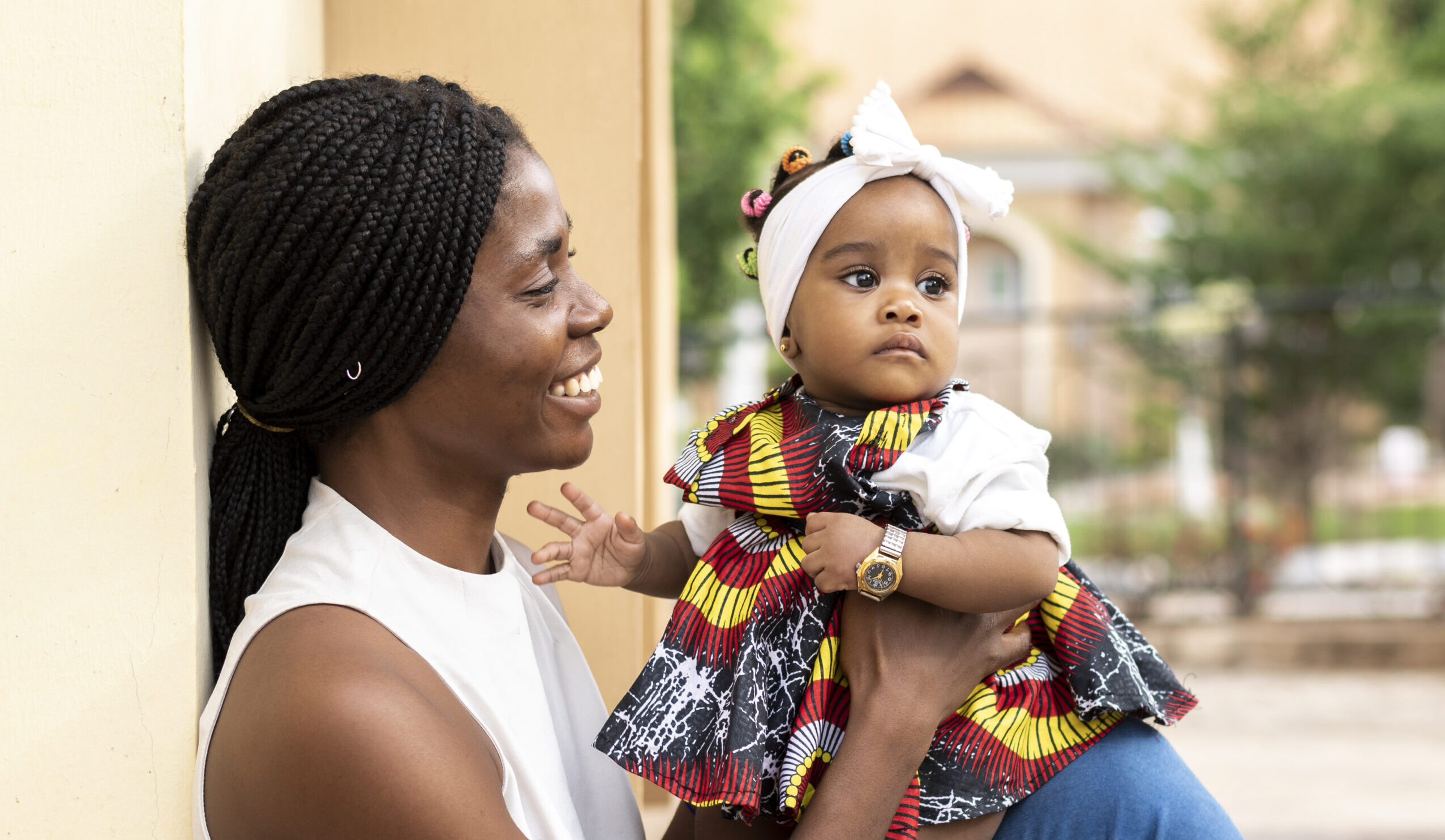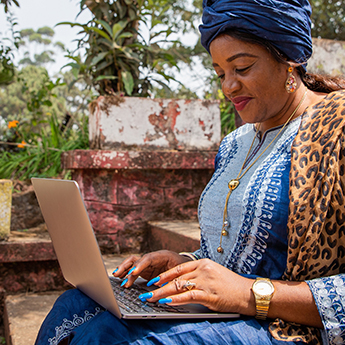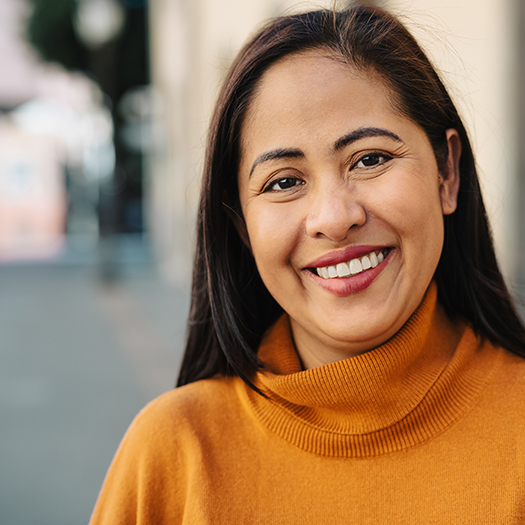Local partnerships to accelerate family planning
FP2030 Partnership Fund Challenges
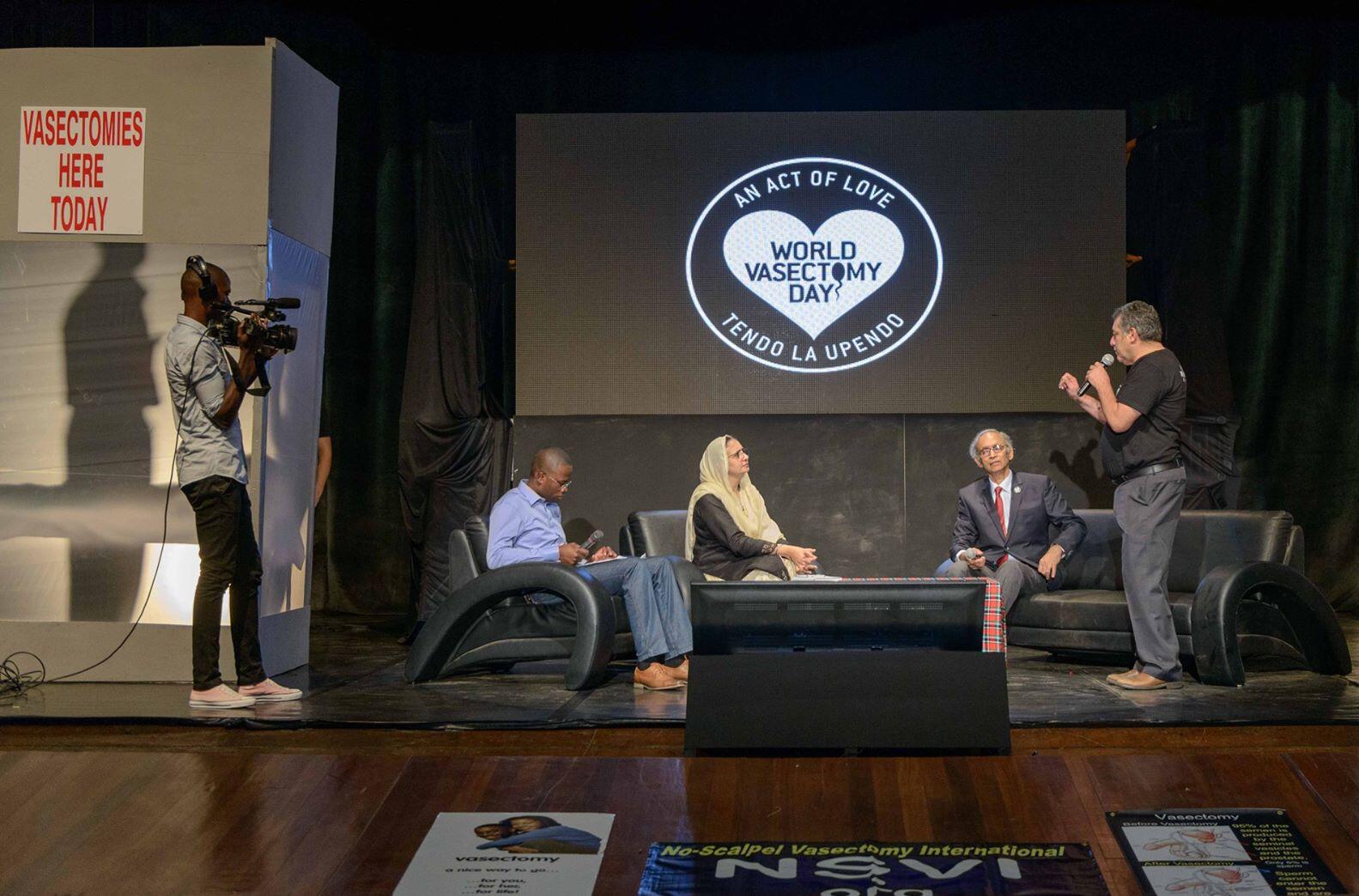
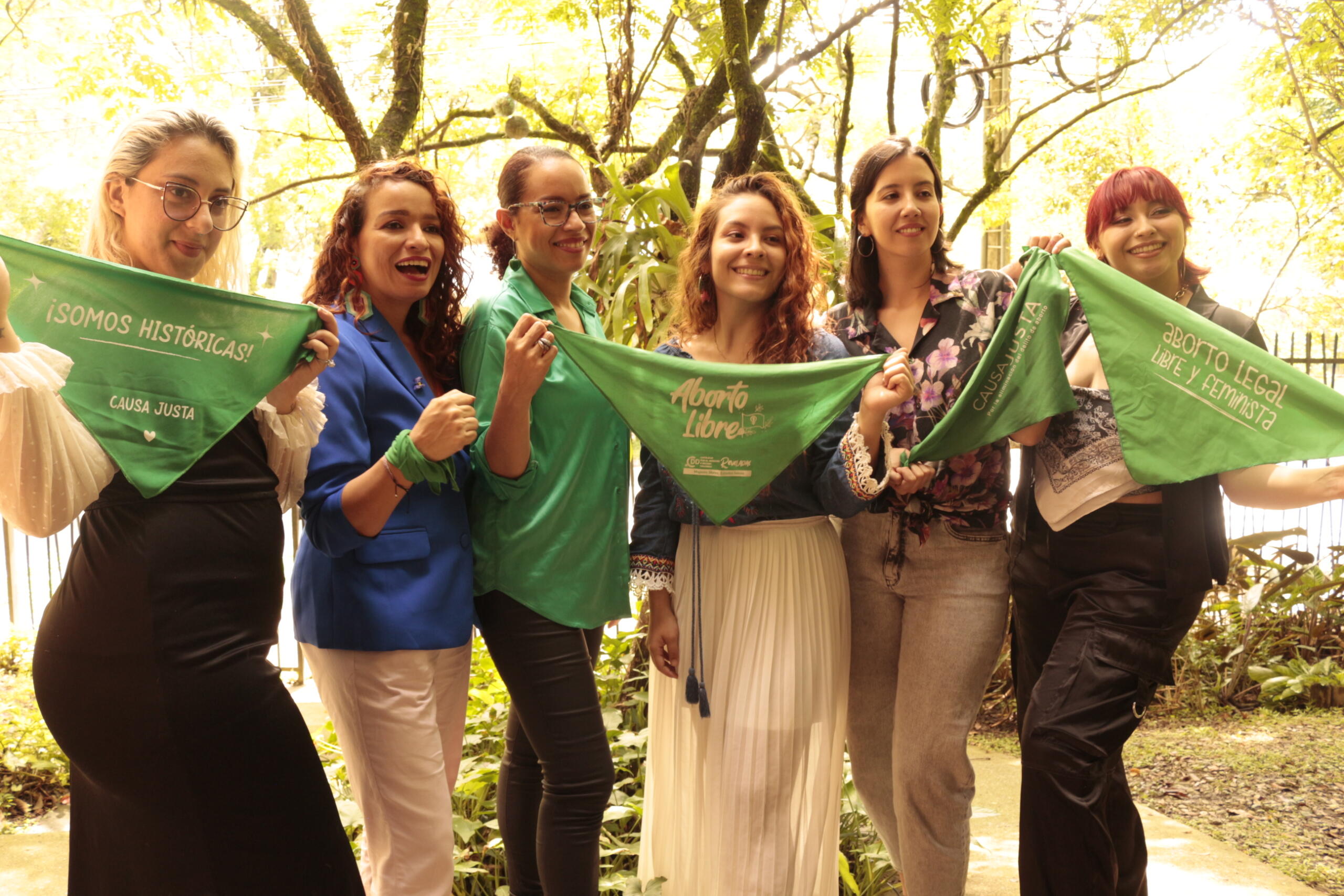

The FP2030 Partnership Fund has concluded two rounds of funding challenges, in which grantees submitted ideas to fund catalytic change in their communities. The next challenge will be issued in the coming months, stay tuned!
Grantees
How can countries increase budgetary allocations for family planning to ensure sustainable financing and transparent expenditure monitoring?
Where? Central African Republic.
About the project:
ACABEF stands out as an exceptional grantee for FP2030’s partnership fund due to its impressive track record and pivotal role in advancing family planning in its country. With a focus on sustaining financial commitments from the national government for family planning contraceptives, ACABEF aims to educate key stakeholders on the importance of local funding and secure continued support from authorities. As a leading national organization and a member of multiple coalitions and advocacy groups, ACABEF has a proven history of impactful advocacy, including successfully lobbying for a dedicated state budget line for contraceptives. Their robust networking, outreach capabilities, and strong financial and monitoring systems make them well-equipped to drive progress in reproductive health rights, ensuring the fulfillment of commitments under the UNFPA Compact and FP2030 initiatives.
Where: Cameroon
About the project:
SIDAF’s project in Cameroon aims to strengthen a coalition of over 300 local organizations focused on health financing, family planning, and universal health coverage (UHC). Their plan includes engaging these organizations in joint advocacy and supporting community monitoring of public policies. This initiative will not only improve the coordination among civil society organizations but also enhance their collective impact on health policy and funding decisions. As a founding member of Cameroon’s National CSO coalition on Health Financing and UHC, SIDAF is well-positioned for this task. With deep community ties and strong grassroots advocacy, they are poised to make a significant impact in health financing and family planning, particularly through their cost-effective and community-driven approach.
Where? Tanzania
About the project:
Sikika’s project in Tanzania aims to enhance family planning through budget analysis, community scorecards, and media engagement. Their objectives include increasing budget allocations for family planning at the district level, strengthening accountability for family planning funds, and boosting citizen participation in resource mobilization. Sikika’s approach will ensure that local communities are better informed and actively involved in the budgeting process, leading to more sustainable family planning initiatives. With a strong history of health systems strengthening since 1999, Sikika is deeply knowledgeable about Tanzania’s decentralized budgetary process. Their connections to key CSO coalitions and technical working groups, along with their robust financial and M&E systems, make them a reliable partner for advancing family planning initiatives.
Where? Zimbabwe
About the project:
SAYWHAT’s project in Zimbabwe focuses on improving family planning financing and access, especially for adolescents and young people. Their objectives include advocating for high-level support for family planning programs, engaging policymakers and the private sector, and fostering collaboration among stakeholders. By targeting key decision-makers and leveraging their long-standing relationships, SAYWHAT aims to create a supportive environment for family planning programs. With over 20 years of experience and strong relationships with key stakeholders like the Ministry of Health, SAYWHAT is well-equipped to lead this initiative. Their deep understanding of SRHR services and strategic timing with national budget consultations make them an ideal partner for advancing family planning in Zimbabwe.
Where? Zimbabwe
About the project:
My Age’s project in Zimbabwe aims to improve access to affordable and quality contraceptives for adolescent girls and young women in marginalized communities. They plan to strengthen the capacities of youth-led organizations and engage local authorities and the private sector to influence domestic resource allocation for family planning. This effort will not only address immediate contraceptive needs but also build a sustainable framework for ongoing advocacy and support. As the leading youth-led organization in Zimbabwe advocating for gender equality and SRHR, My Age excels in gathering diverse community perspectives and facilitating platforms for youth voices. Their strong advocacy and movement-building experience make them a key player in advancing family planning initiatives.
Where? Mozambique
About the project:
OCTBGSS’s project in Mozambique aims to inform local authorities about family planning financing gaps, advocate for increased family planning resources in three provinces, and strengthen community-led monitoring of family planning commitments. By enhancing the capacity of local networks, OCTBGSS ensures that community voices are heard and acted upon in policy discussions. As a coordinator of one of Mozambique’s largest platforms for public policy dialogue, OCTBGSS regularly engages decision-makers and disseminates health policy analysis. Their recent experience with the GFF and their well-articulated, cost-effective project plan position them as a strong candidate for advancing family planning through effective advocacy and accountability efforts.
Where: Rwanda
About the project:
Afriyan’s project in Rwanda seeks to empower young people and those with disabilities to advocate for family planning in the national budget process, enhance community engagement in family planning advocacy, and promote collaboration among stakeholders for increased family planning funding. This project aims to build a more inclusive advocacy landscape by ensuring marginalized groups have a voice in budgetary discussions. With 18 local youth-led organizations under its umbrella, AfriYAN has direct access to a broad network of adolescents and youth. Their active involvement in key mechanisms and coalitions, combined with robust organizational and networking capacities, positions them well to drive effective advocacy for family planning.
Where? Togo
About the project:
RCPFAS’s project in Togo aims to ensure that five communes allocate at least 2% of their annual budget to family planning by 2025, engage community members in promoting family planninf, and enhance accountability among commune leaders. By involving community members, RCPFAS fosters a sense of ownership and responsibility towards family planning initiatives. With a strong history of mobilizing resources for family planning, RCPFAS has successfully increased state budgets and secured local family planning funding. Their strategic advocacy, especially during public budget consultations and election periods, makes them a credible and effective partner for advancing family planning in Togo.
Where? Togo
About the project:
REFED’s project in Togo’s Savanes region aims to educate mayors about sexual and reproductive health, and planning policies, integrate these into Communal Development Plans, and enhance local CSOs’ capacity for family planning advocacy. This initiative will help embed family planning into local governance structures, ensuring long-term commitment and support. As a women-led and community-driven organization with extensive experience in local and national advocacy, REFED is well-positioned to address family planning needs in Togo’s most underserved region. Their strong reputation and active participation in CSO platforms and technical working groups ensure effective collaboration and impactful advocacy efforts.
Where? Liberia
About to project:
NAACSOL’s project in Liberia focuses on engaging key stakeholders to increase family planning budget allocations and ensure transparent monitoring of family planning expenditures, while also raising public awareness on health financing. By combining stakeholder engagement with public education, NAACSOL aims to create a comprehensive approach to family planning advocacy. As a key coordinator in various CSO coalitions, NAACSOL has a robust track record of engaging authorities and decision-makers. Their proposed project, implemented as a coalition of local CSOs, aims to address critical gaps in SRHR services through inclusive and evidence-based advocacy at both the county and national levels.

